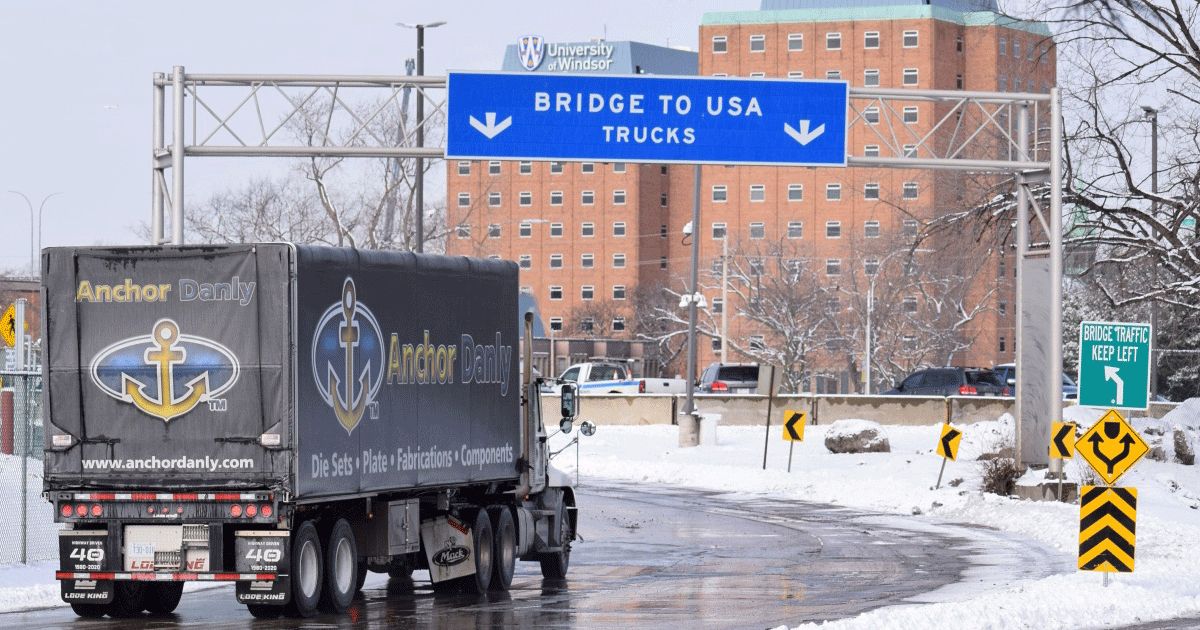
Toyota Motor Corp. said Monday it has not yet resumed production at its three manufacturing lines in Ontario even after a key U.S.-Canadian bridge reopened.
The Japanese automaker’s plants in Ontario, where it builds its best-selling RAV4 crossover, have halted production since Thursday because of parts shortages stemming from the border disruption from a protest by Canadian truckers.
Toyota said it expects “related disruptions to continue this week” in Ontario. Toyota also said its plants in West Virginia, Kentucky and Alabama are still facing production impacts on Monday.
Flavio Volpe, head of the Automotive Parts Manufacturers’ Association in Canada, said Monday that it will take a few days for production to reach full capacity at parts plants across Ontario.
Stellantis told Automotive News Canada that production has resumed at its two assembly plants in the province. The automaker builds the Chrysler Pacifica minivan and Pacifica Hybrid for the global market in Windsor, Ontario. It also builds the Chrysler Grand Caravan for the Canadian market and the Chrysler Voyager for fleet sales there. It assembles the Chrysler 300 and Dodge Challenger and charger in Brampton, Ontario.
“Stellantis cut short a number of shifts at U.S. and Canadian plants last week due to parts shortages caused by the closure of the Detroit/Windsor bridge,” the company said in a statement Monday.
“We will not comment on projected losses, but will look to make up that production in the coming months. We are working with our carriers to get parts into the plants as quickly as possible to mitigate any further disruptions. Operations resumed Monday morning as scheduled.”
It was not immediately clear if other major automakers were experiencing further production troubles Monday from the border blockade.
Toyota earlier Monday cut its March global production targets, mostly stemming from continued microchip shortages.
Reuters and Greg Layson of Automotive News Canada contributed to this report.